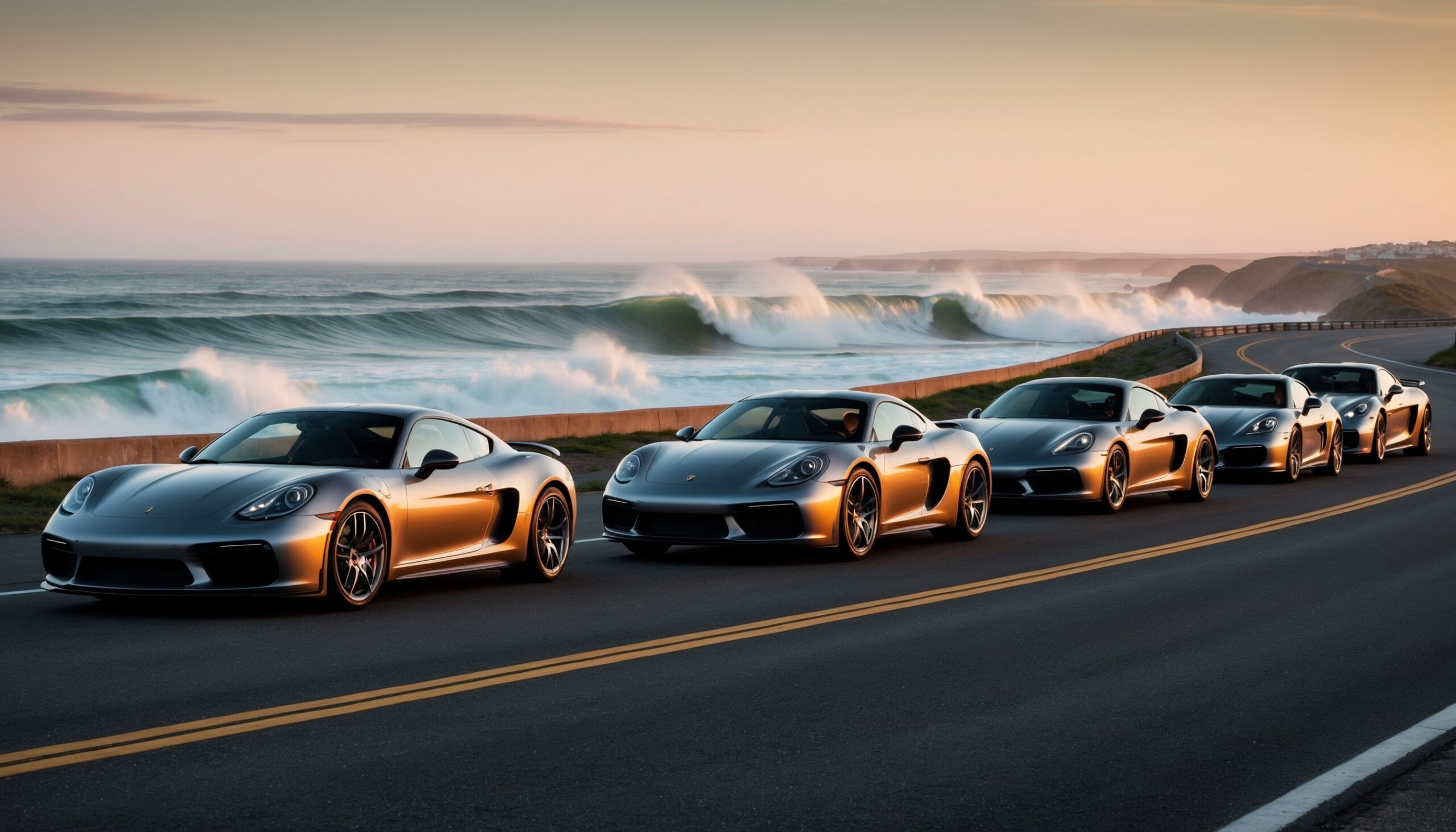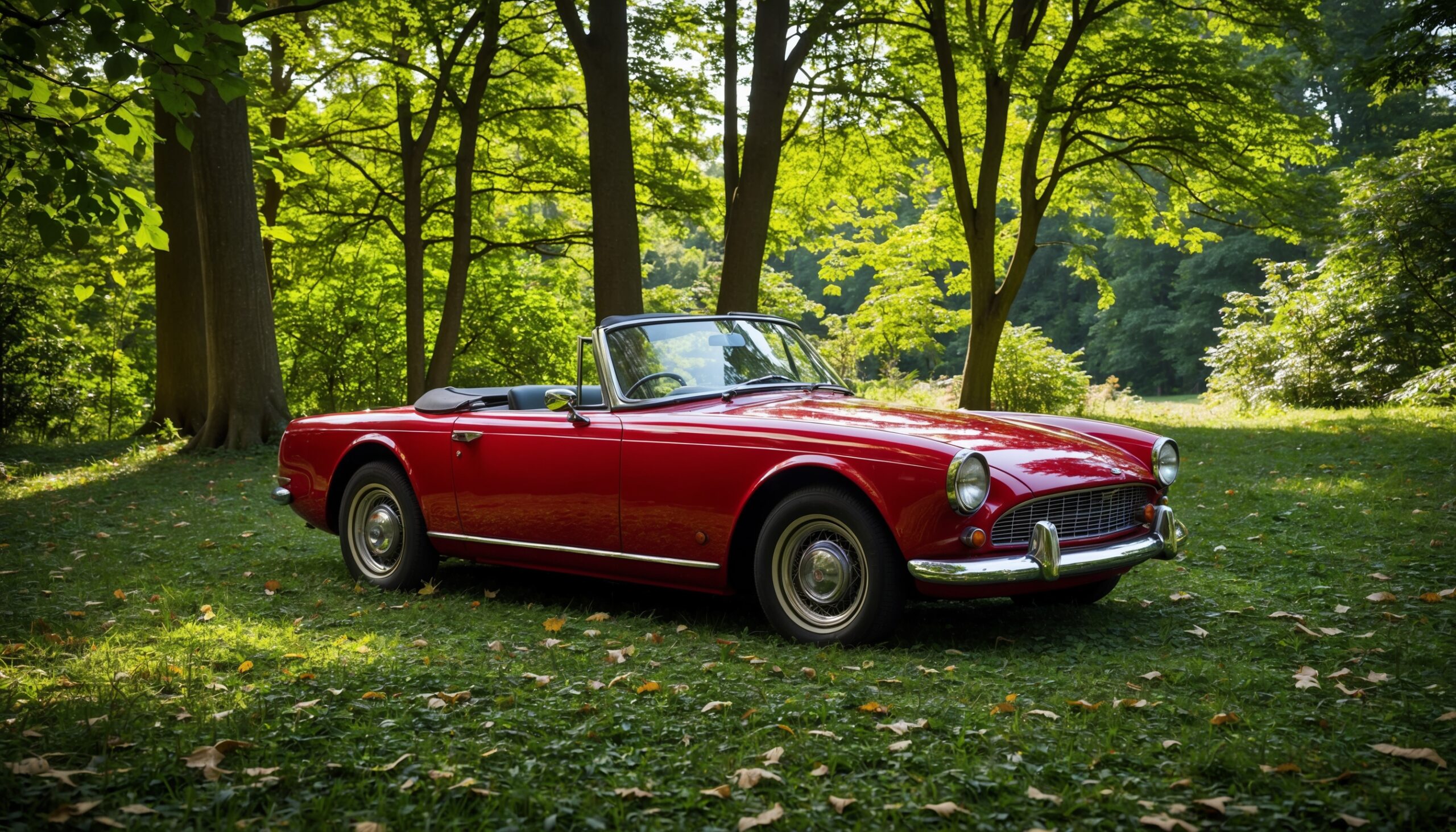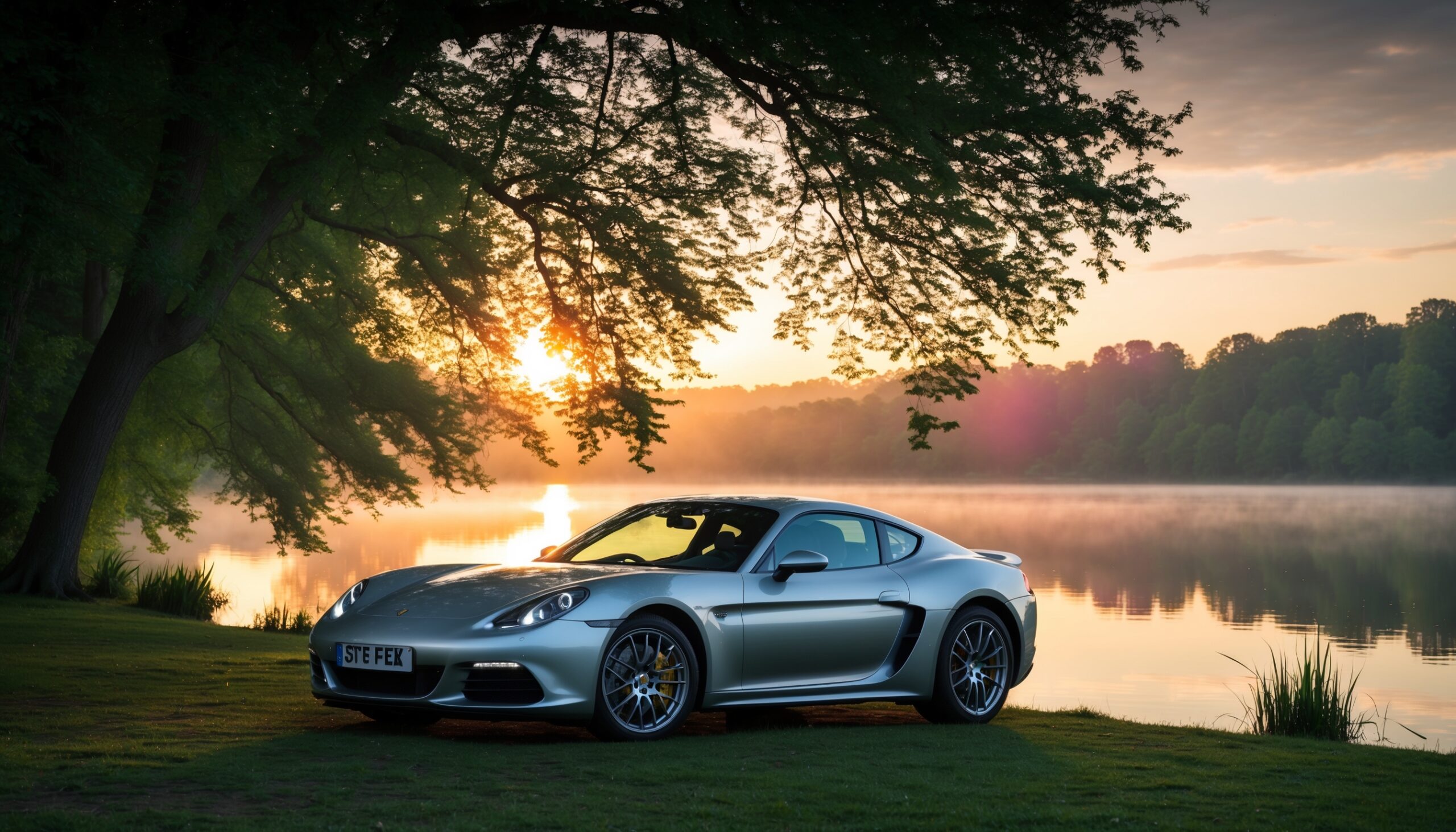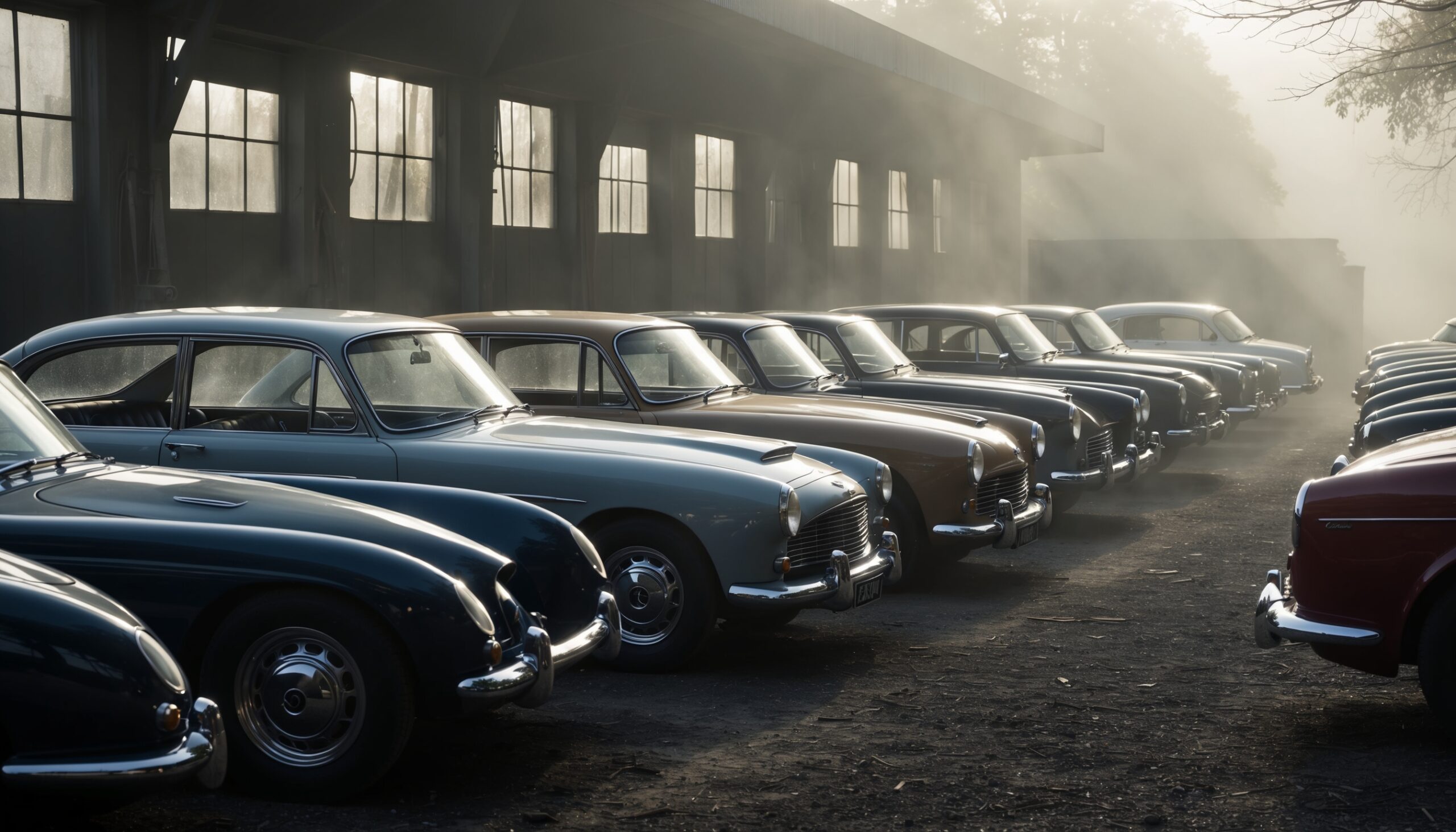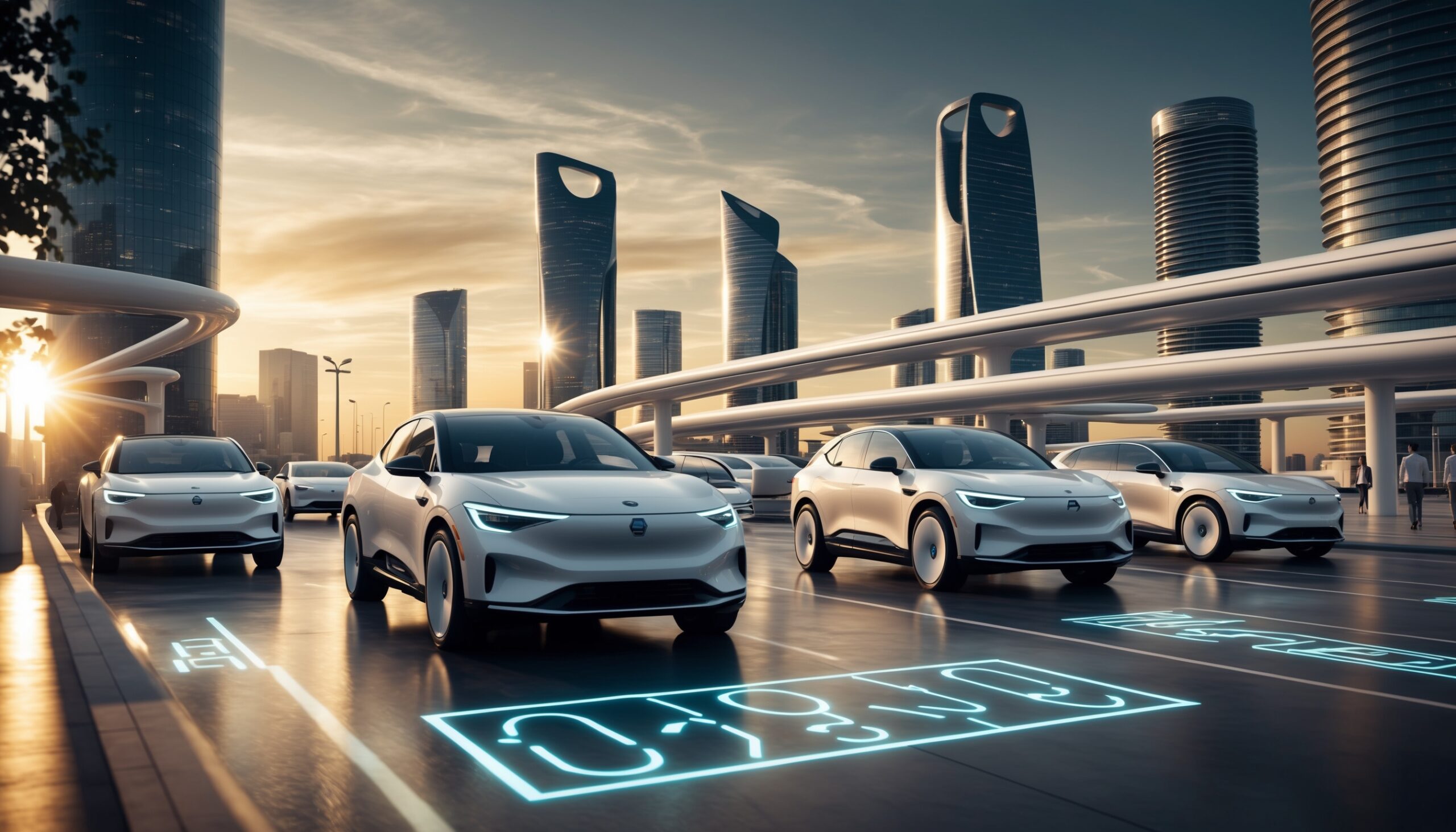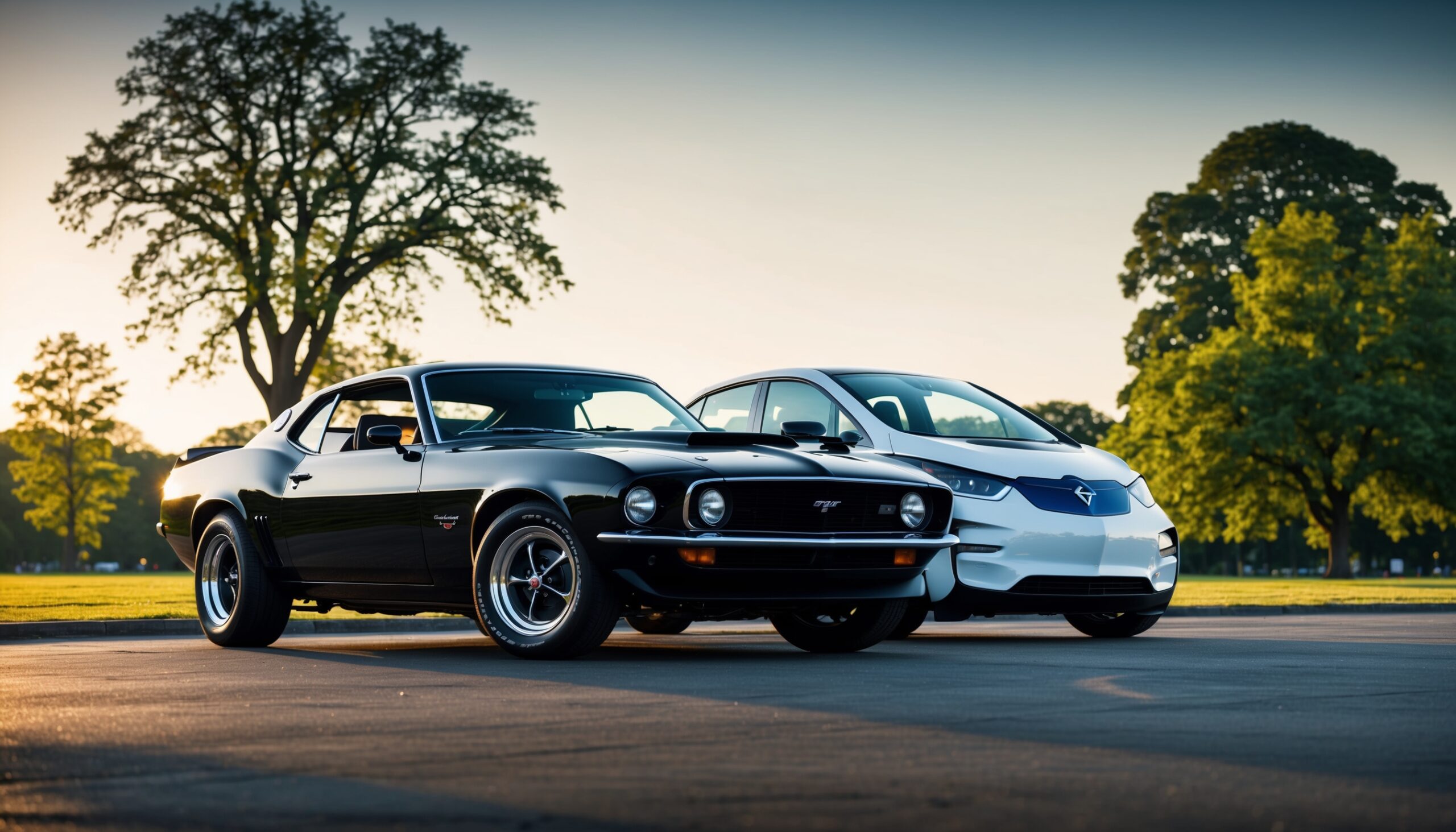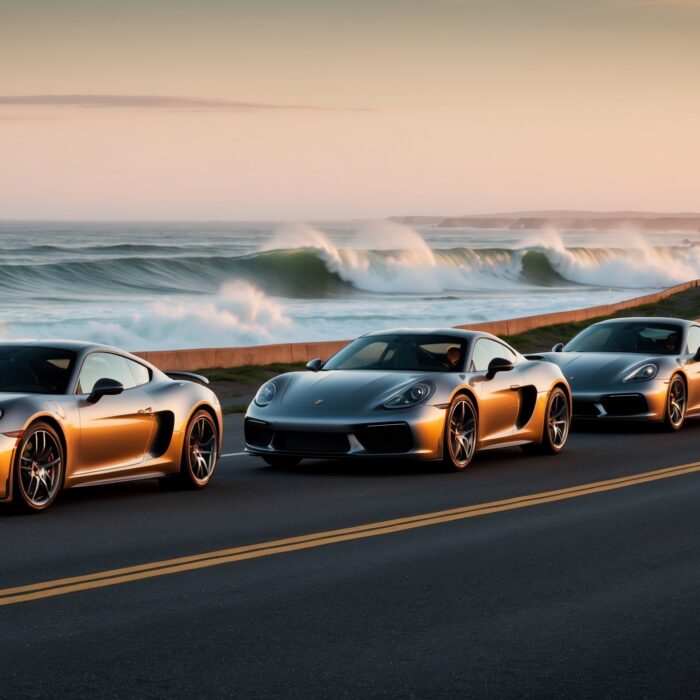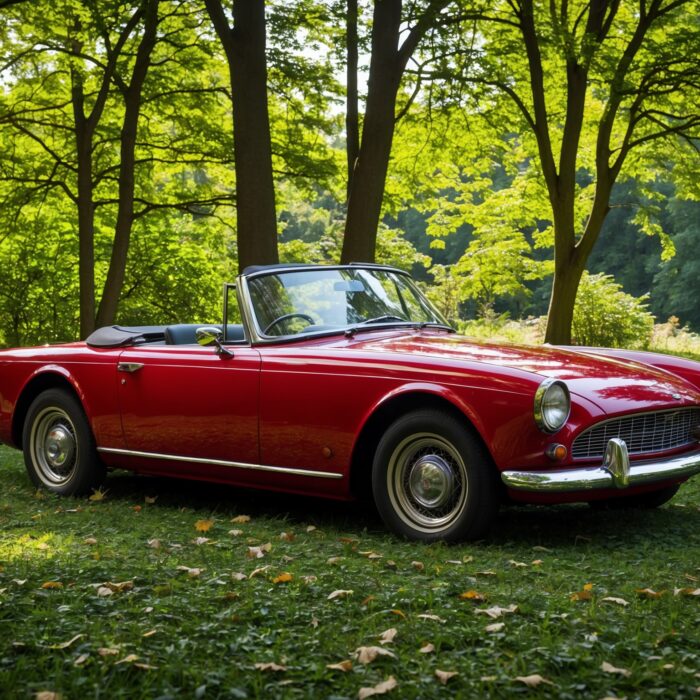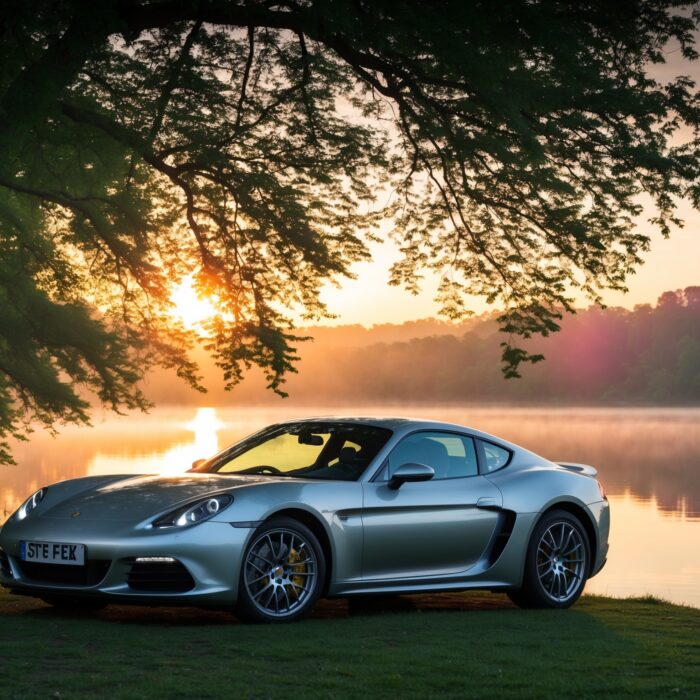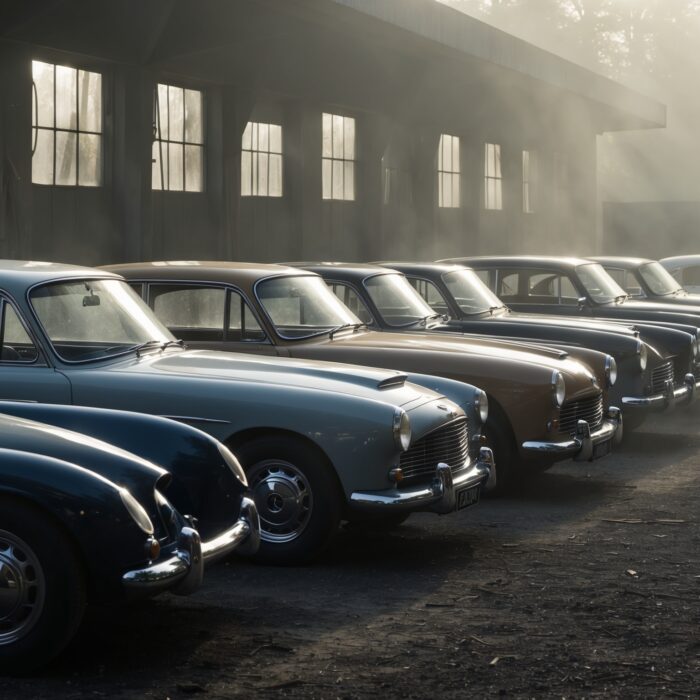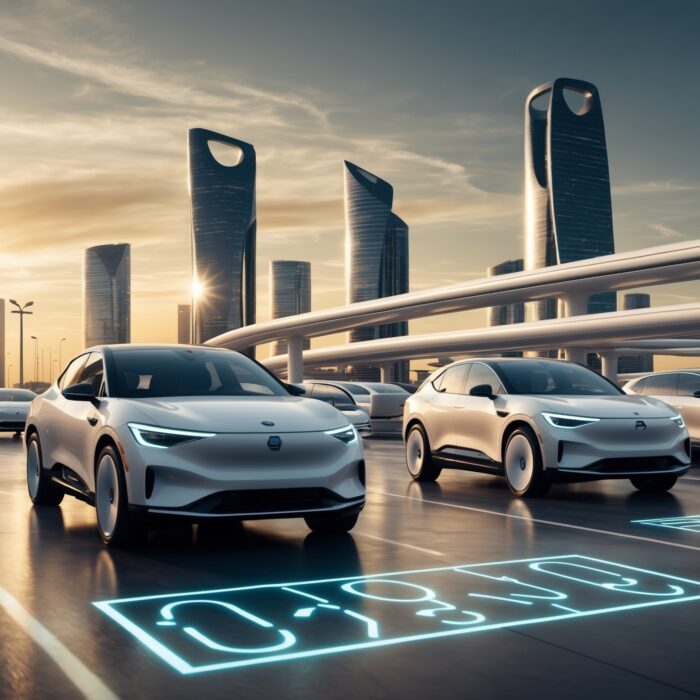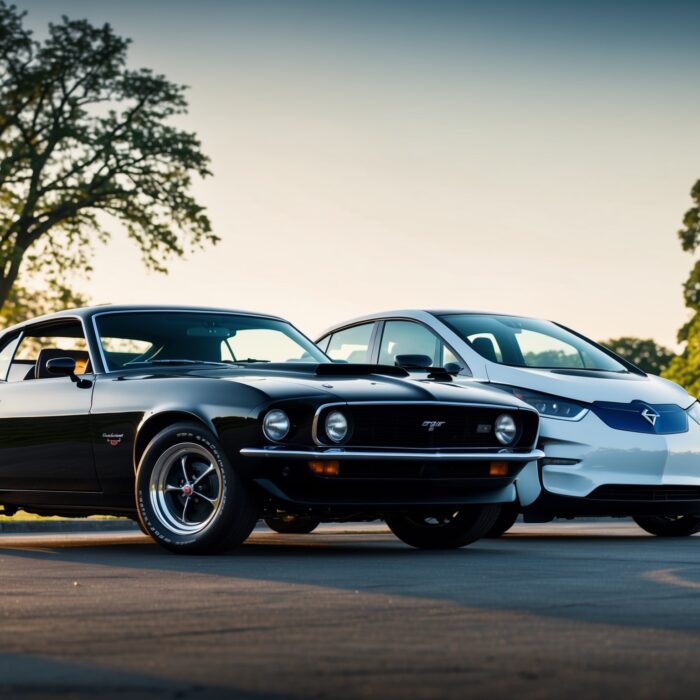Muscle vs Modern: The Ultimate Car Showdown
Welcome to Torque Feed, where we dive deep into the thrilling world of automobiles! Today, we’re setting the stage for an exciting face-off: muscle cars versus modern vehicles. This is not just a battle of horsepower and torque; it’s a clash of heritage, technology, and design philosophies that have evolved over decades. Buckle up as we explore the features, performance, and cultural significance of these two automotive titans.
The Allure of Muscle Cars
Muscle cars have a storied history that dates back to the late 1960s and early 1970s. These beasts were designed for straight-line speed and raw power, often powered by large V8 engines that produced an exhilarating roar. Let’s take a closer look at what makes muscle cars so compelling.
Performance and Power
At the heart of any muscle car is its engine. Typically featuring naturally aspirated V8 configurations, these powertrains are known for their incredible torque and horsepower. Here are some characteristics that define muscle car performance:
- High Horsepower: Many muscle cars boast over 400 horsepower, with some iconic models like the Dodge Challenger Hellcat reaching upwards of 700 horsepower.
- Raw Torque: Torque is a muscle car’s best friend. These vehicles deliver neck-snapping acceleration that’s hard to match.
- Sound: The throaty growl of a V8 engine is music to any car enthusiast’s ears, providing an auditory thrill that modern cars often lack.
Iconic Muscle Cars
Throughout history, several models have become legends in the muscle car scene. Here are a few that stand out:
- Ford Mustang: The epitome of American muscle, the Mustang has seen numerous iterations since its debut in 1964.
- Dodge Charger: Known for its aggressive styling and powerful engines, the Charger is a classic that still resonates today.
- Chevrolet Camaro: A fierce competitor to the Mustang, the Camaro combines sleek design with potent performance.
The Cultural Impact
Muscle cars transcended mere transportation; they became symbols of freedom and rebellion. The 1970s saw these cars become icons in pop culture, appearing in movies like American Graffiti and Fast & Furious. Their legacy continues to influence automotive design and culture today.
The Rise of Modern Vehicles
While muscle cars have their charm, modern vehicles represent a different era of automotive engineering. With advancements in technology, safety, and efficiency, today’s cars offer a host of features that appeal to the contemporary driver. Let’s explore what makes modern vehicles stand out.
Technological Advancement
Modern cars are equipped with cutting-edge technology that enhances both performance and safety. Here are some key features:
- Fuel Efficiency: With the advent of turbocharged engines and hybrid technologies, modern cars offer impressive fuel economy without sacrificing performance.
- Advanced Safety Features: Modern vehicles come with an array of safety technologies, such as adaptive cruise control, lane-keeping assist, and automatic emergency braking.
- Connectivity: Infotainment systems that integrate seamlessly with smartphones have become standard, allowing drivers to stay connected on the go.
Performance Innovations
Modern vehicles have redefined what it means to be powerful. With advancements in engineering, manufacturers are now producing cars that rival the performance of classic muscle cars:
- Turbocharging: Many modern cars utilize turbocharging to boost engine performance while maintaining efficiency.
- All-Wheel Drive: Enhanced traction and control have made modern cars more versatile in various driving conditions.
- Electric Vehicles (EVs): The rise of electric vehicles has introduced instant torque and innovative performance metrics that challenge traditional gas engines.
Modern Icons
Just as muscle cars have their legends, the modern automotive landscape is filled with vehicles that have made their mark:
- Tesla Model S: A revolutionary electric vehicle that offers unmatched performance and range.
- Ford Mustang Mach-E: A modern twist on the Mustang, this electric SUV combines iconic styling with cutting-edge technology.
- Chevrolet Corvette C8: The latest iteration of the Corvette has redefined the supercar experience with its mid-engine layout and advanced features.
Comparing Muscle Cars and Modern Vehicles

Now that we’ve examined both muscle cars and modern vehicles, it’s time to compare them head-to-head across various factors:
Performance
When it comes to performance, muscle cars excel in straight-line speed and engine roar. However, modern vehicles are catching up with their technological innovations. Here’s how they stack up:
- Acceleration: Muscle cars often have the edge in classic acceleration due to their high displacement engines.
- Handling: Modern vehicles frequently outperform muscle cars in terms of handling dynamics thanks to advancements in suspension technology.
- Braking: Modern cars come equipped with advanced braking systems that provide better stopping power and control.
Efficiency
In the age of rising fuel prices and environmental concerns, efficiency is a major factor:
- Fuel Economy: Modern vehicles generally offer better fuel efficiency, especially hybrid and electric models.
- Emissions: Modern cars are built with stricter emissions standards in mind, making them more environmentally friendly.
Style and Design
Style is subjective, but both muscle cars and modern vehicles have their own appeal:
- Muscle Cars: Known for their aggressive lines and bold colors, muscle cars are often seen as timeless classics.
- Modern Vehicles: Sleek, aerodynamic designs with contemporary touches often catch the eye of younger buyers.
Price Range
Price can be a determining factor for many car buyers:
- Muscle Cars: While some classic models can be expensive, many muscle cars offer competitive pricing, especially used ones.
- Modern Vehicles: Prices can vary greatly, especially with luxury electric vehicles commanding a higher price point.
The Future of Muscle vs Modern
As we look to the future, it’s clear that both muscle cars and modern vehicles will coexist, each appealing to different segments of car enthusiasts. Here are some trends to watch:
Electrification of Muscle Cars
Yes, you read that right! Several manufacturers are beginning to electrify their muscle car lineups, blending the traditional muscle car experience with modern efficiency. For instance:
- Dodge: The brand has hinted at electrified versions of their Charger and Challenger models, promising to retain the performance muscle car fans love.
- Ford: The Mustang Mach-E is an example of how Ford is integrating electric power with the iconic Mustang name.
Modern Tech in Classic Designs
As more enthusiasts restore classic muscle cars, they are also integrating modern technology. Examples include:
- Engine Swaps: Many are opting for modern engine swaps that provide better performance and efficiency.
- Infotainment Systems: Adding modern infotainment technology to classic cars enhances the driving experience without sacrificing the car’s heritage.
Final Thoughts
The showdown between muscle cars and modern vehicles is not just about preference; it’s a reflection of the evolution of the automotive industry. Whether you’re revving the engine of a classic muscle car or enjoying the smooth ride of a modern electric vehicle, there’s something to appreciate in both worlds.
At Torque Feed, we celebrate the passion for cars in all their forms. Whether you lean towards the raw power of muscle cars or the sleek efficiency of modern vehicles, the important thing is to enjoy the ride. Happy driving!

